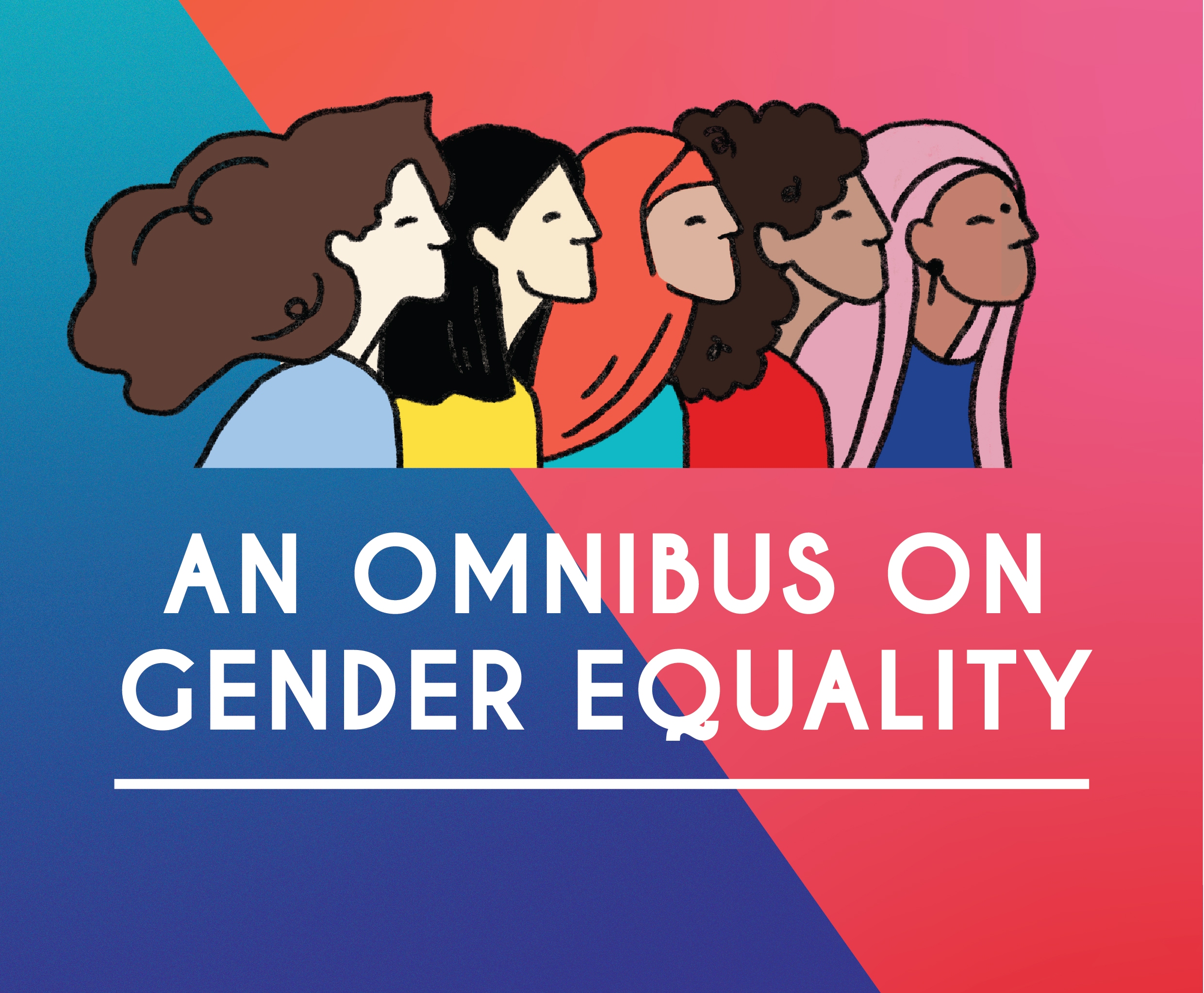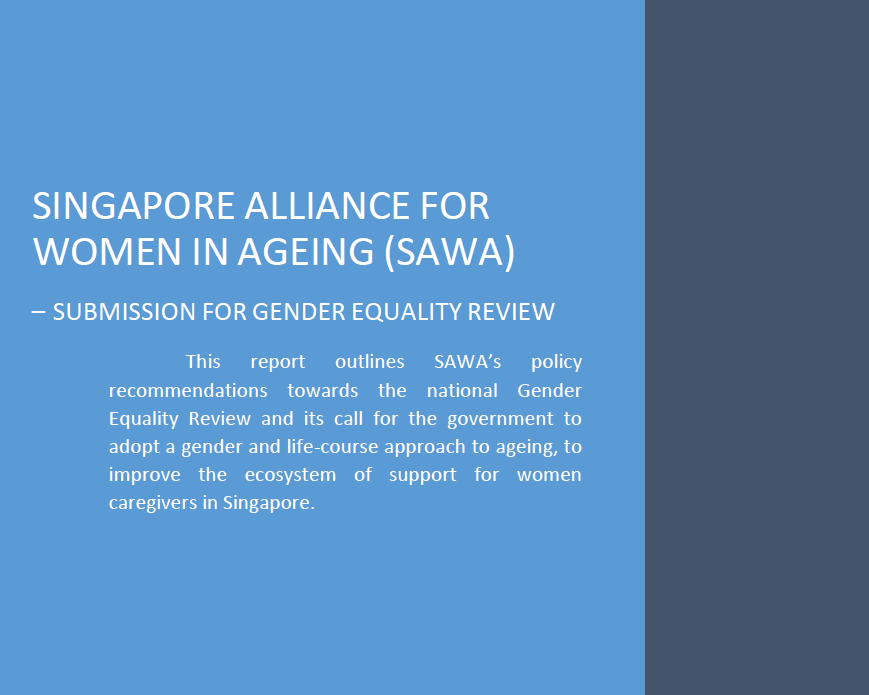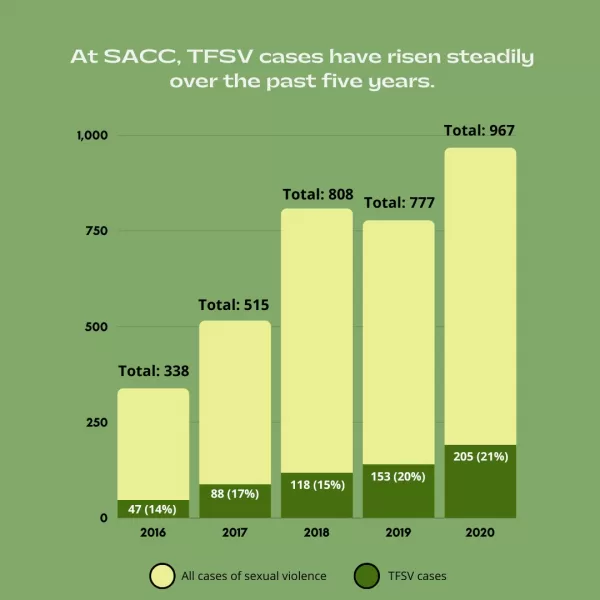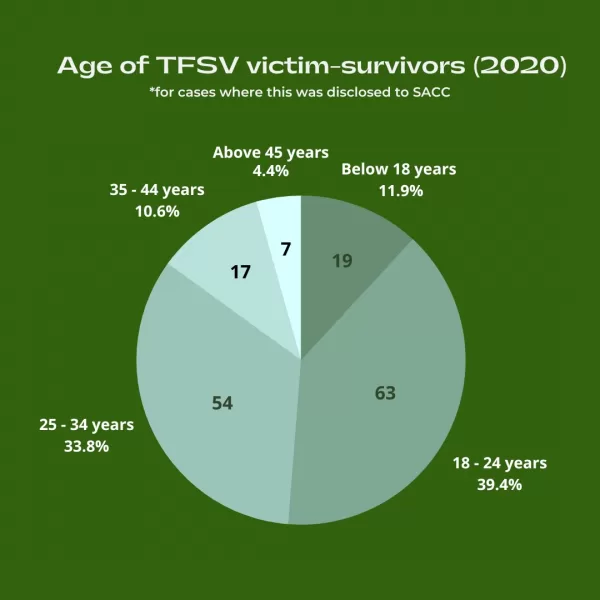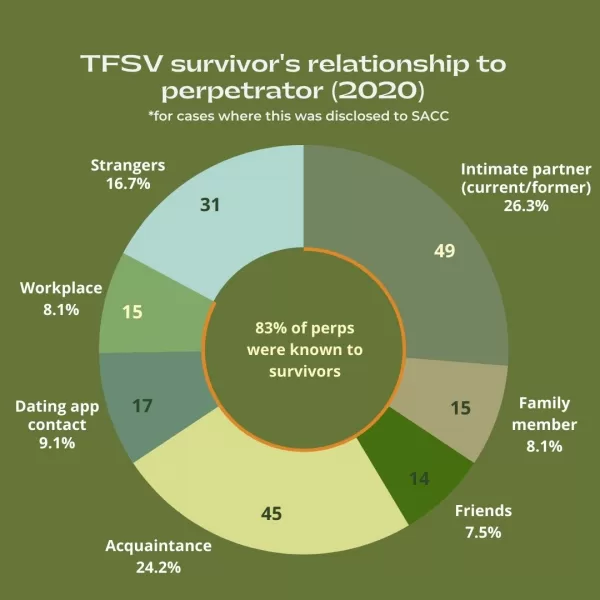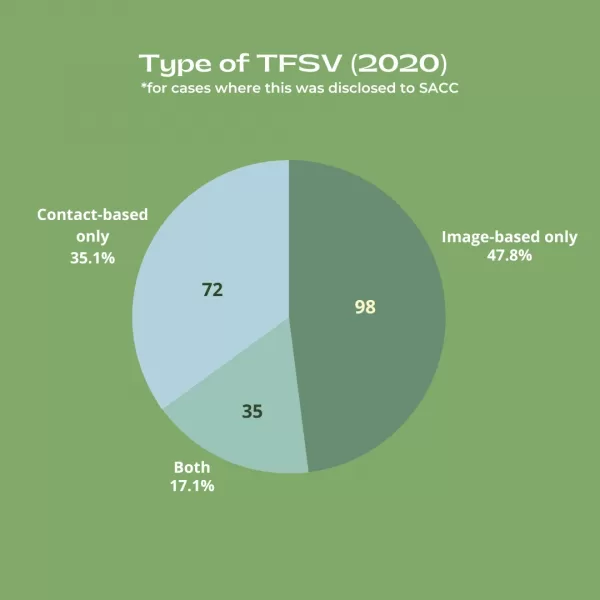This op-ed was originally published in The Straits Times on 22 July 2021.
It is 2021, and 50 years since the passing of the Women’s Charter in Singapore. So why are we still debating the value and necessity of divorce?
A recent proposal by the Ministry of Social and Family Development (MSF) has been particularly contentious in certain circles. The proposal centres on the introduction of a new “amicable divorce” option, to make the process of divorce more accessible for willing parties.
Under the current system, the only legal ground for divorce is the irretrievable breakdown of marriage. This may be proven in four ways: either via one of three “fault-based” facts – adultery, desertion and unreasonable behaviour – or the couple’s separation for at least four years (three years if both parties have consented to the divorce).
Amicable, or “no-fault”, divorce would do away with the need for the fact of separation. It thus removes the need for divorcing parties to cite a fault and thereby enter into what many find to be an adversarial relationship during the proceedings.
The possible introduction of this option has been welcomed by many, and condemned by others who question if it is a step in the right direction. Is marriage no longer sacrosanct? Won’t children suffer, having divorced parents and two different homes? What will a more accessible divorce option mean for divorce rates?
These questions are worth answering. But so is this perhaps more fundamental question: Why is divorce still stigmatised? Why are we still treating it like the source of harm, instead of the consequence of it?
After all, for couples who have tried to resolve their issues and failed, or for those stuck in abusive or unhappy marriages, divorce is not necessarily a bad thing – it can indeed be the healthiest option available.
‘Undermines the sanctity of marriage’
For those who view marriage in the traditional sense, as a lifelong commitment, rising divorce rates are a concern.
Earlier this year, an MSF report revealed that more couples are getting divorced, and at an earlier stage. For instance, nearly 16 per cent of those who got married in 2006 split up before their 10th wedding anniversary, which is double the rate (8.7 per cent) for those who wedded in 1987.
Having an amicable divorce option is thought to aggravate this by making divorce “easier”. As this thinking goes, couples may file for divorce without even trying to work through their differences.
This argument, however, has little basis in the reality of divorce. It is always a difficult decision to make, especially when there are children involved. Even divorces that are mutually agreed upon by both parties exact an emotional and financial toll on all involved.
An amicable divorce model allows those who already wish to divorce to do so in a less acrimonious manner. Safeguards will remain in place to ensure that couples have considered their separation seriously: Parties will still be subject to relevant legal processes, and be made to undergo pre-divorce counselling or mandatory parenting programmes if they have minor children. MSF also plans to maintain a time bar, where couples can file for divorce only after a specified time, currently three years of marriage.
If all of those measures don’t convey the seriousness with which marriage and divorce are taken in Singapore, what does?
‘Divorce harms children’
Divorce can be a confusing, trying time for divorcing parties and their children. Along with the separation comes a lot of changes, including moving homes and spending less time with each parent or child.
Some have also argued that children of divorced couples will fare worse than their peers in their education and careers, as well as their mental well-being.
Of course, children should ideally grow up with both parents caring for them lovingly and harmoniously in the same household. But what of those who cannot attain that ideal? Try as we may to avoid it, conflict happens – sometimes irreconcilably.
And continued exposure to high-conflict environments poses a greater risk to children’s well-being. Studies dating back to the 1990s in the United States have documented significantly fewer behavioural problems in children of high-conflict parents who divorce, compared to those whose parents stay in the marriage.
Even more salient for no-fault divorce: Children who witnessed their parents peacefully resolve their marital issues were shown to exhibit less distress than their high-conflict counterparts. Some of the single mothers Aware has spoken with have seen this change take root in their children.
“There used to be a lot of fights at home, but after divorcing my husband, my children and I are a lot happier now. They’re doing well at school too,” said Irene (not her real name), a mother of three.
Another said her son’s behaviour has improved after getting out of their former, hostile environment – he used to be “stingy”, but has since become better at sharing his toys with others.
Furthermore, less adversarial dispute resolution methods were proven to benefit parents and children economically.
‘Divorce rates will spike’
This trend has indeed been observed in other countries that introduced no-fault divorce in their jurisdictions.
After the enactment of no-fault divorce in 2006, Scotland experienced a sharp increase in the number of divorces from 10,875 in 2005 to 13,012 in 2006.
Similarly, Australia’s divorce rate rose in the 1960s and 1970s, peaking at 4.6 divorces per 1,000 residents in 1976, the year after no-fault divorce came into force, before dropping below three per 1,000 residents in subsequent decades.
However, the spike is often followed by a downward trend, typically over a longer period of time.
In Scotland, the number of divorces dropped right after it surged in 2006 and further reduced over time – there were 6,766 divorces in 2017.
Australia also observed a gradual decrease in its divorce rates, recording 1.9 divorces per 1,000 residents in 2016, its lowest rate since 1976.
This could likewise happen here if amicable divorce is made available, and we should not be quick to interpret the initial increase in a negative light.
The spike may indicate that many couples were resigning themselves to staying married on paper because the no-fault option wasn’t available. And, with greater access to education and economic empowerment, some of these women were likely able to leave abusive or unsatisfying marriages.
‘Divorce disadvantages women’
Divorce does place a financial burden on many women, due to a variety of factors, including the gender wage gap and the uneven caregiving burden that women are expected to carry.
In an analysis of divorces between Singapore citizens from 2011 to 2015, 73 per cent had orders for care and control in favour of the mother. This translates into additional costs for mothers, who now shoulder the bulk of expenses for both themselves and their children, while earning a lower income than their male counterparts.
Yet research in other countries has shown that divorces that occur within fault rules are actually more expensive than those that don’t. The legal costs incurred in fault-based divorces tend to be higher due to protracted proceedings and the need for legal representation. This suggests that amicable divorce would actually reduce the costs for women.
At the same time, policies such as enhanced enforcement of maintenance orders will need to be developed in tandem to address these issues.
Building fulfilling family lives
Divorce is but a remedy available to couples whose marriages do not work out. It is a tool deployed by those searching for a way to solve a problem – not the problem itself.
Couples should, by all means, preserve marriages that are capable of being preserved. For them, more effort should go into support options like counselling and other services, as was already proposed in MSF’s recent consultation alongside the amicable divorce model. Those services would go a long way in equipping couples with conflict resolution skills, and enable a smoother transition for families should they still opt for divorce.
One last thing we should consider: With the median age at first marriage increasing over the years in Singapore, the median age of divorce has also risen.
For men, it is 43.4 years, and for women it is 39.3 years. Making the divorce process longer would not bode well for the nation’s already low birth rate: It would take longer for people to be able to move on to another partner and start a family with them.
If we truly wish to encourage citizens to have more fulfilling family lives, therefore, we need to allow couples to divorce more quickly under the amicable divorce option, rather than prolonging unhappy unions during their childbearing years.
Corinna Lim, Executive Director, AWARE




